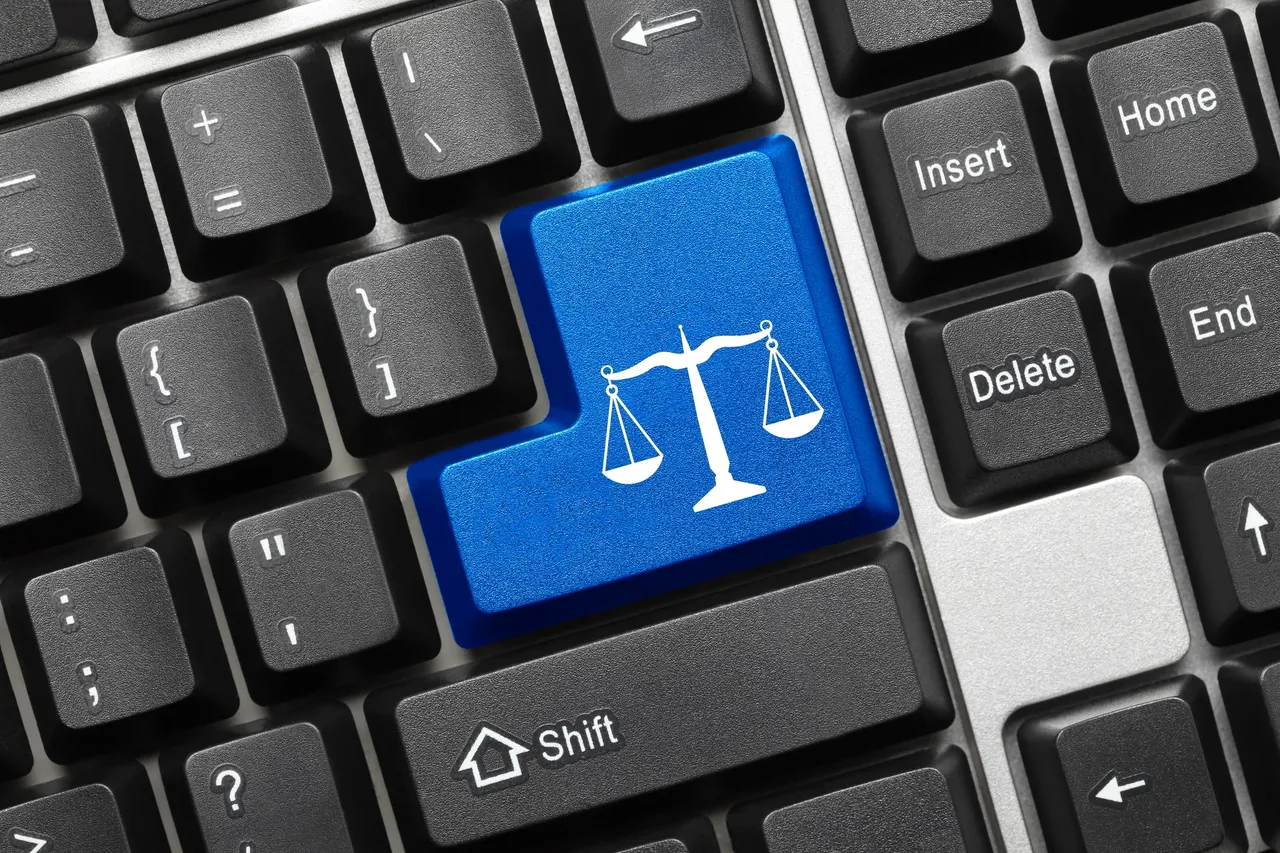In an era of rapid technological advancements, artificial intelligence (AI) systems have gained considerable attention for their ability to automate various tasks. However, when it comes to the complex realm of drafting motions, practicing law, contract drafting, and ensuring enforceability, there are limitations to relying solely on AI systems like ChatGPT and others.
AI Software as a Lawyer: A Cautionary Tale.
Recently, a party representing himself in a lawsuit logged into an AI software like ChatGPT in order to draft a motion for his case. He was well-educated and professional, but not an attorney. He did not have a clear understanding of how the software works, but had used it several times to draft correspondence and had had good success. So, for this motion, he provided an appropriate prompt, asked the AI software for legal support and case citations to be included, and in a few minutes, held an impressive, professional-looking motion in his hands that would have taken an attorney several hours to research and write. To him, the motion looked great, so he filed it. A few days later he received a surprise notice from the Court that his citations were not found and a request to resubmit the motion and provide the quoted case and statutory law relied on in his motion. Going back to the software, he asked the AI for the information that the Court wanted and provided it to the Court, and supplemented his motion with it. However, a week or so later, the party was ordered to appear in Court and explain why he was attempting to commit fraud on the Court—a sanctionable/punishable action.
Unfortunately, this person believed that AI had reached the point where retaining a licensed lawyer was unnecessary. Appearing at the hearing where he was to show cause to the Court for his attempted fraud, he was shocked to learn that all of the law he had relied on in his motion was just a culmination of related words and phrases. None of the case law or statutes he relied on was applicable to his case and/or simply did not exist. Sadly for him, not only did he lose his motion, he was ordered to pay for the other side’s attorney’s fees for wasting their time. He found out the hard way that AI is simply not yet equipped to replace attorneys in the crucial task of creating legally sound and enforceable documents, motions, and contracts—at least not yet. The problems he faced were a result of failing to understand the following:
- Contextual Understanding: One of the primary limitations of software like ChatGPT is its lack of true contextual understanding. While it can generate text based on patterns and examples from a large dataset, it often fails to grasp the nuanced meanings and implications behind legal language and terms of art. Legal documents and contracts require careful consideration of legal principles, industry-specific regulations, and the parties’ specific intent. Attorneys possess the legal knowledge and experience necessary to tailor contracts to individual circumstances, ensuring all relevant provisions are appropriately included. For example, when AI was recently asked, it could not understand the difference between “diminished value” and “diminished proceeds” legal terms of art, which mean completely different things.
- Legal Expertise and Experience: Understanding case law, drafting motions, and enforceable contracts requires more than just assembling a collection of clauses and provisions. It necessitates a deep understanding of legal principles, case law, and precedents. Attorneys have spent years honing their skills, studying the law, and gaining practical experience. Their expertise allows them to anticipate potential issues, address complex scenarios, and navigate legal complexities that AI systems like ChatGPT may overlook.
- Personalized Advice and Guidance: Effective legal drafting involves more than simply filling in blanks or generating generic templates. Attorneys provide personalized advice and guidance, tailoring contracts to the specific needs and objectives of their clients. They analyze individual circumstances, negotiate terms, and ensure the contract protects their client’s interests, or that the case law supports their motion. AI systems still lack the ability to provide the same level of personalized attention and strategic thinking that attorneys bring to the table.
- Dynamic Legal Landscape: The legal landscape is continuously evolving, with new legislation and court rulings shaping the interpretation of law and enforceability of contracts. Attorneys stay abreast of these developments and adapt their practices accordingly. They understand the significance of legal precedents and can integrate them into legal drafting to ensure enforceability and correctness. AI systems like ChatGPT, on the other hand, rely on historical data and may not be up to date with the latest legal changes, potentially leading to outdated or non-compliant case law or contract clauses.
- Confidentiality and Data Security: Legal drafting involves the exchange of sensitive and confidential information. Attorneys adhere to strict ethical and professional obligations to maintain client confidentiality. In contrast, AI systems like ChatGPT operate on data stored in the cloud, raising concerns about data security and potential breaches. Entrusting such confidential matters to AI systems may expose parties to unnecessary risks, whereas attorneys are bound by professional standards and legal obligations to safeguard client information.
Conclusion:
While AI systems like ChatGPT have made significant strides in natural language processing and generation, they are not yet equipped to replace attorneys in the critical task of drafting legal documents, motions, and enforceable contracts. Attorneys bring indispensable legal expertise, experience, contextual understanding, personalized advice, and awareness of the dynamic legal landscape. By working with attorneys, individuals, and businesses can ensure the protection of their rights and interests in a complex legal environment.

Leave a Reply